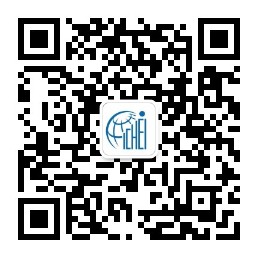Report on the Digital Development of Global Higher Education
The 2024 Global MOOC and Online Education Conference was held at Queen Mary University of London on December 12–13, 2024 (local time). The event brought together over 340 representatives from 135 universities, online education platforms, international organizations, and government agencies across 32 countries and regions. Representatives from the International Centre for Higher Education Innovation under the auspices of UNESCO (UNESCO-ICHEI), attended the conference. These were Professor HAN Wei, Executive Deputy Secretary-General of the International Institute of Online Education (IIOE), and Ms. SU Rui, Chief of the Knowledge Production and Communications Centre.
The conference, themed "Reconstructing the Future of Higher Education in the Intelligent Era", proposed the initiative to designate 2024 as the "Year of Smart Education." Keynote speeches at the main session were delivered by Ms. Stefania Giannini, UNESCO Assistant Director-General for Education; Mr. WU Yan, Vice Minister of Education of China; and the Rt Hon Baroness Smith of Malvern, Minister of State for Education of the United Kingdom. In his address, Vice Minister Mr. WU Yan introduced Report on the Digital Development of Global Higher Education (2024). Following this, Mr. LI Luming, President of Tsinghua University and Chair of the Governing Board of the Global MOOC and Online Education Alliance, jointly released the report and the Digital Development Index of Global Higher Education (2024) with Mr. Colin Bailey, President of Queen Mary University of London.
Vice Minister of Education Mr. WU Yan Introducing the Report
Hosts of the Conference and Opening Remark Speakers Witnessing the Report Release
The Report on the Digital Development of Global Higher Education (2024) was a collaborative effort involving nearly 100 experts and scholars from 30 higher education institutions, international organisations, and government agencies worldwide. The report brings together 95 cases from 16 countries, regions, and international organisations, pooling global experiences and insights. Representatives of UNESCO-ICHEI were part of the drafting team and have been deeply involved in the report and index's development for three consecutive years. The report is divided into three chapters: "A New Dawn: Ushering the Inaugural Year of Smart Education", "Our Response: Pioneering a New Path for Smart", and "Shared Mission: Opening the 'Door to Smart Education'". It proposes that artificial intelligence is accelerating the advent of a new era in education development—the Year of Smart Education. The report advocates for the launch of the "Gateway to Smart Education Initiative", aiming to fully harness the immense potential of AI to build a more resilient and sustainable higher education ecosystem, advance the ethical application of technology, and better serve the future of education. The "Digital Development Index of Global Higher Education" is composed of four primary indicators: digital teaching, digital operations, digital management, and digital support. It incorporates data on the digital development of education from 94 countries and regions, providing a multidimensional analysis of global trends. The index is intended to offer more scientific and precise decision-making references for the strategic digital development of higher education worldwide.
Prof. HAN Wei Spoke at the Roundtable
Following the release of the report, participants engaged in discussions around key topics, including "Transforming Higher Education for the Future", "Navigating Ethical Considerations of AI", "Embracing the New Era of Lifelong Learning", and "Reshaping Teaching and Learning Paradigms with Technological Innovation". Representatives shared best practices from their institutions, exploring how artificial intelligence can open new pathways for digital education. Professor HAN Wei, Executive Deputy Secretary-General of the International Institute of Online Education (IIOE) of UNESCO-ICHEI, spoke at the roundtable discussion on "Navigating Ethical Considerations of AI: Challenges and Strategies from a Global Perspective". She highlighted UNESCO-ICHEI's efforts within its multilateral cooperation network to support capacity building for higher education practitioners and institutions. These efforts include hosting high-level policy dialogues and supporting universities in developing countries in crafting institutional policies and AI capability training programmes. The goal is to ensure educators are well-informed about the technologies they integrate into teaching and have clear expectations about their applications in higher education. Professor HAN also emphasised the importance of enhancing the sharing and exchange of knowledge and experiences within communities of practice like IIOE and similar platforms. Following the conference, representatives from UNESCO-ICHEI held discussions with domestic and international university representatives, extending invitations to more institutions and organisations to join UNESCO-ICEHI's collaborative network.
Conference Site




